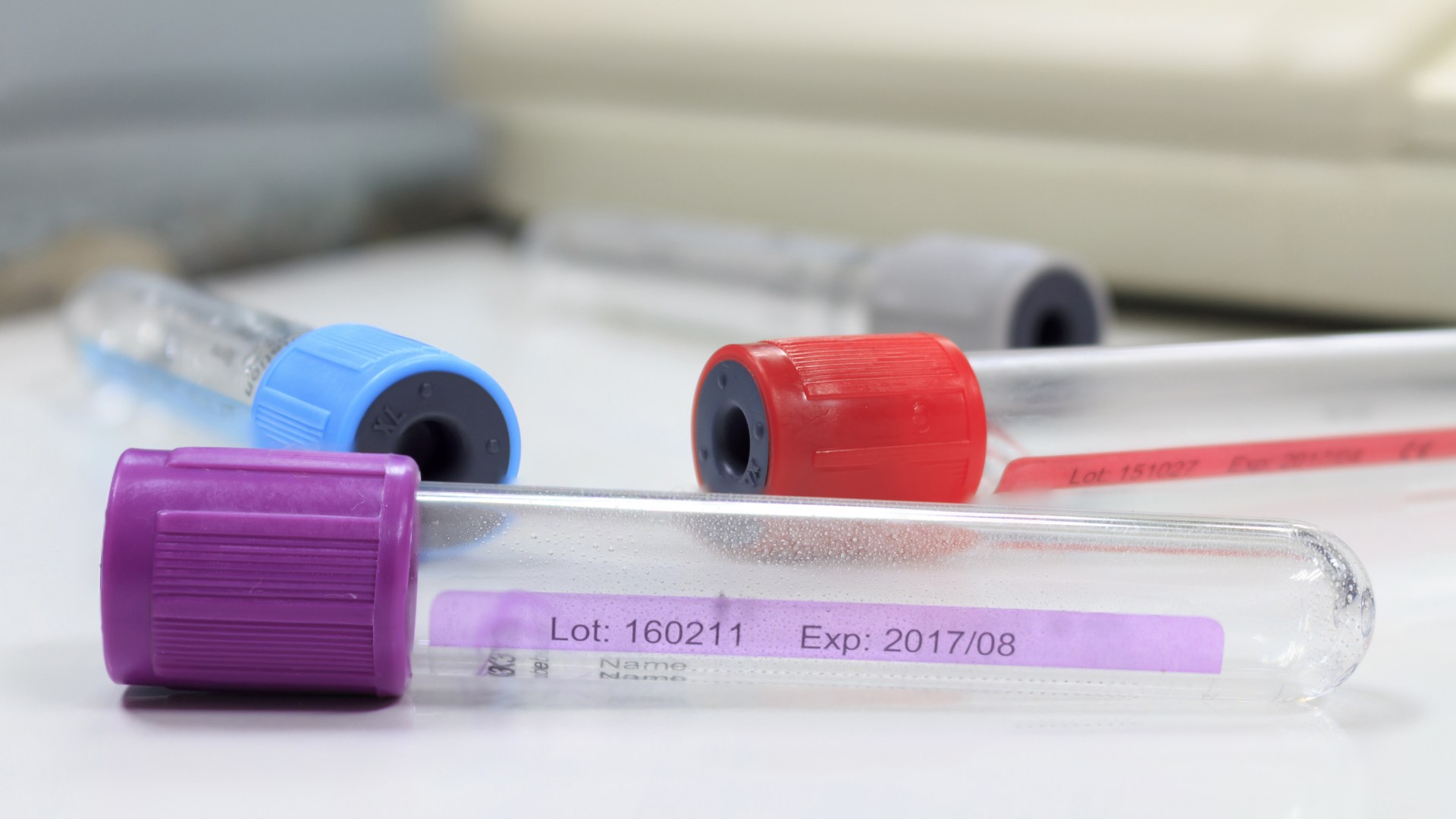In our nation’s history, genetics and race are tragically bound together. Understanding this history is crucial to understanding the questions raised by genetic technology. The story of Henrietta Lacks may be the best place to start.
Henrietta Lacks, an African American woman living in Baltimore, died of cervical cancer in 1951 in a hospital at Johns Hopkins University. Before she died, doctors took a sample of her cancerous tissue without her knowledge or consent, and without informing her family. In the years since Lacks’s death, researchers have worked with her cells to address polio, cancer, AIDS, and in countless other applications—but more than 20 years passed before researchers notified Lacks’s family.
Jeri Lacks, Henrietta’s granddaughter, spoke at the industry forum about her grandmother and the ambivalent emotions she held within her—pride for the healing the cells accomplished, but a sense of violation that it had taken so long for the medical establishment to acknowledge its obligation to her family.
I had been concerned that genetic research might someday lead to a disregard for human dignity. But here is an example of flagrant and sustained dehumanization. And I had never heard of it.
It’s a familiar story to Michael Friend and Shakir Cannon. The two are co-founders of the Health Ministries Network and the Minority Coalition for Precision Medicine, groups which advocate for research into maladies such as sickle-cell disease. The inherited disease disproportionately affects African Americans, including Cannon himself.
They also seek to raise awareness within the African American church of the benefits of genetic testing. But they face the obstacle of a deeply held mistrust within the African American community of the medical establishment—a mistrust founded on stories like that of Henrietta Lacks. Earl Woodard, senior pastor at New David Baptist Church of Christ in Baltimore, spoke to that fear at a recent meeting held near his church. “When [my church’s members] hear the word genetics, genetics sounds like experimentation to determine inferiority,” he said. “The church has got to be able to build a bridge of trust between the medical community and the people in the pews.”
Friend and Cannon are working to build that bridge. But progress toward a cure for sickle-cell disease has been slow; research into the disease has attracted little funding, despite it being relatively well understood.
Much current Christian thought on bioethics focuses on concerns that, while important, are dystopian and hypothetical, while veering away from the real and historical racial disparities that have characterized our society’s bioethical practices. Overcoming this gap is crucial: As Chad Baldanza pointed out to me, it is folly to seek to defend the human dignity of future persons if we can’t honor the image of God in those right in front of us by listening to them.
Ting Wu, the founder of the Personal Genetics Education Project (pgEd), hopes to accomplish this: “Maybe the black church [and] other communities of faith can become the go-to communities to deal with the issue,” to establish mutual trust and work through the thorny ethical questions. At a time of heightened racial tensions in our nation, she says, “Genetics is going to impinge on everyone’s life. Maybe it can get a dialogue going.”










